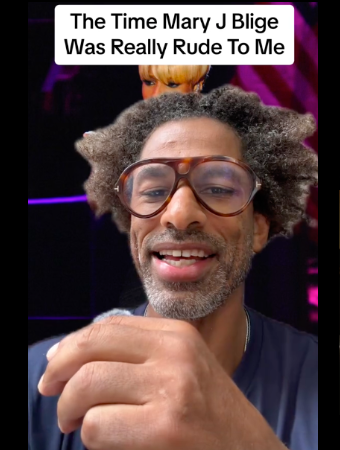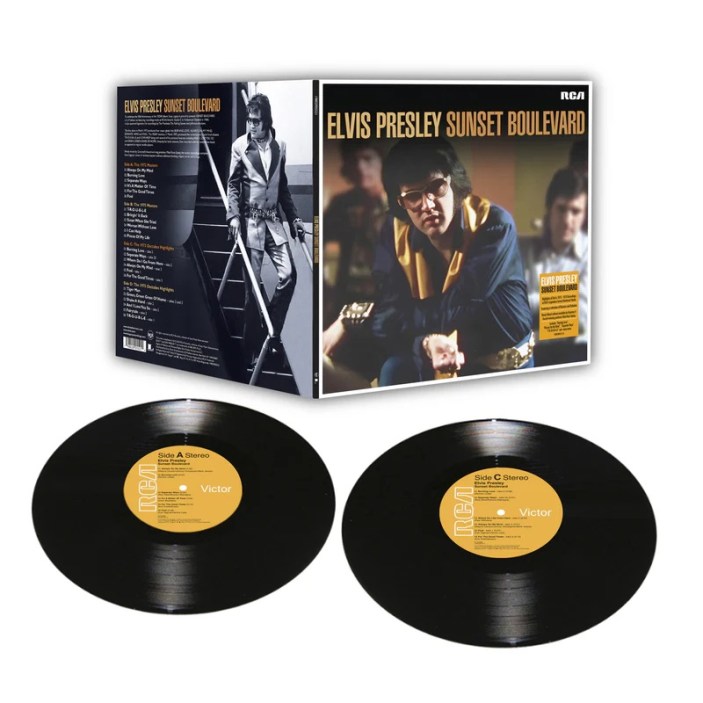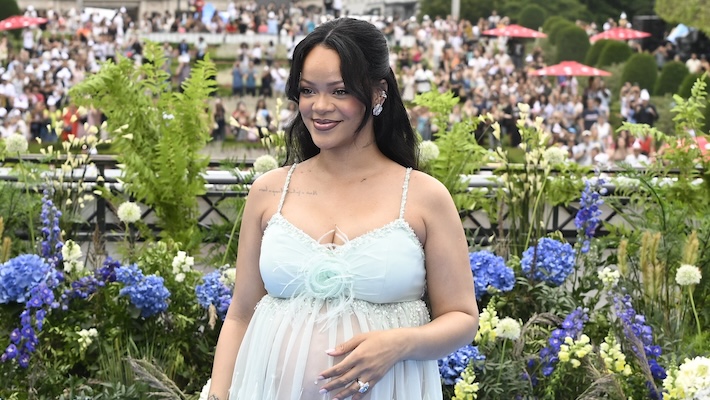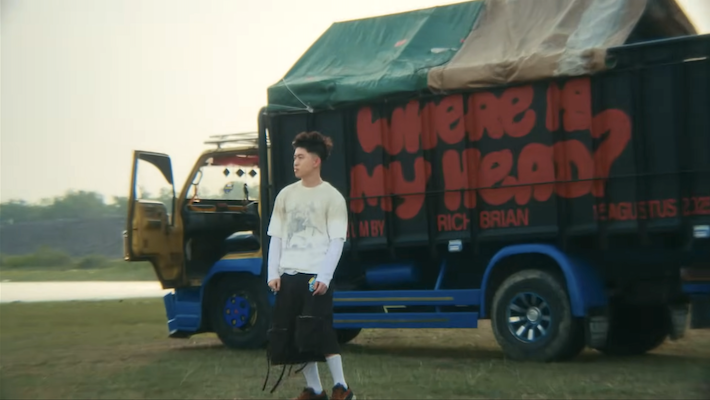Veteran journalist and cultural critic Toure has recently shed light on one of the most challenging interview experiences of his career, revealing the time when Mary J. Blige, the “Queen of Hip-Hop Soul,” was notably rude to him during a 1994 assignment. Toure shared the story on his blog, calling it the “2nd Worst Interview Situation” he ever encountered—surpassed only by a harrowing encounter with Suge Knight.
At the height of her career, following the release of her critically acclaimed sophomore album My Life, Mary J. Blige was set to be featured in a piece for The New York Times. The plan was simple: Toure would accompany the singer as she revisited her roots in the Schlobaum projects, capturing the story of a rising star returning home. But things didn’t go as smoothly as planned.
Toure recounts how Mary, still new to the industry, was visibly guarded and quick-tempered throughout the day. From the outset, her responses to his questions were curt and dismissive. When he attempted to engage her in conversation during a limo ride, she brushed off his questions, even going so far as to call him “stupid” before turning her attention away completely. Despite the cold reception, Toure opted to give her space, hoping she would eventually warm up.
Advertisement
The day took a turn for the worse when, after a brief visit to the projects, Mary and her entourage returned to the limo to continue the day’s journey. When Toure attempted to join them, Mary pointedly refused to let him into the car. As Toure stood outside for half an hour, missing out on a potentially pivotal moment for his story, he realized the day’s narrative would be far different than what he had envisioned.
When the group finally reconvened, the tension was palpable. Mary, still clearly displeased, ordered Toure not to speak to her for the remainder of the day. The uncomfortable silence that ensued during the ride back to Manhattan culminated in Mary’s demand that Toure exit the limo in a remote, somewhat sketchy area of the city—far from any convenient transportation.
The incident left Toure and the team at Mary’s label, Uptown Records, in a difficult position. Label head Andre Harrell, who was also a friend of Toure, reached out, urging him to consider Mary’s challenging upbringing and the psychological scars it left behind. Harrell explained that Mary’s harsh demeanor was rooted in the trauma of her past, which she was still struggling to overcome, even as her career soared.
Despite the rough day, Toure chose not to write a negative piece about Mary J. Blige. Instead, he pivoted, crafting a story that shifted focus from a traditional profile to a broader discussion of the image-making machine surrounding the star. Toure emphasized that a journalist’s job is to tell the story of the artist, not to settle personal scores.
Though the incident occurred decades ago, Toure’s recollection of that day remains vivid.
Watch below.




